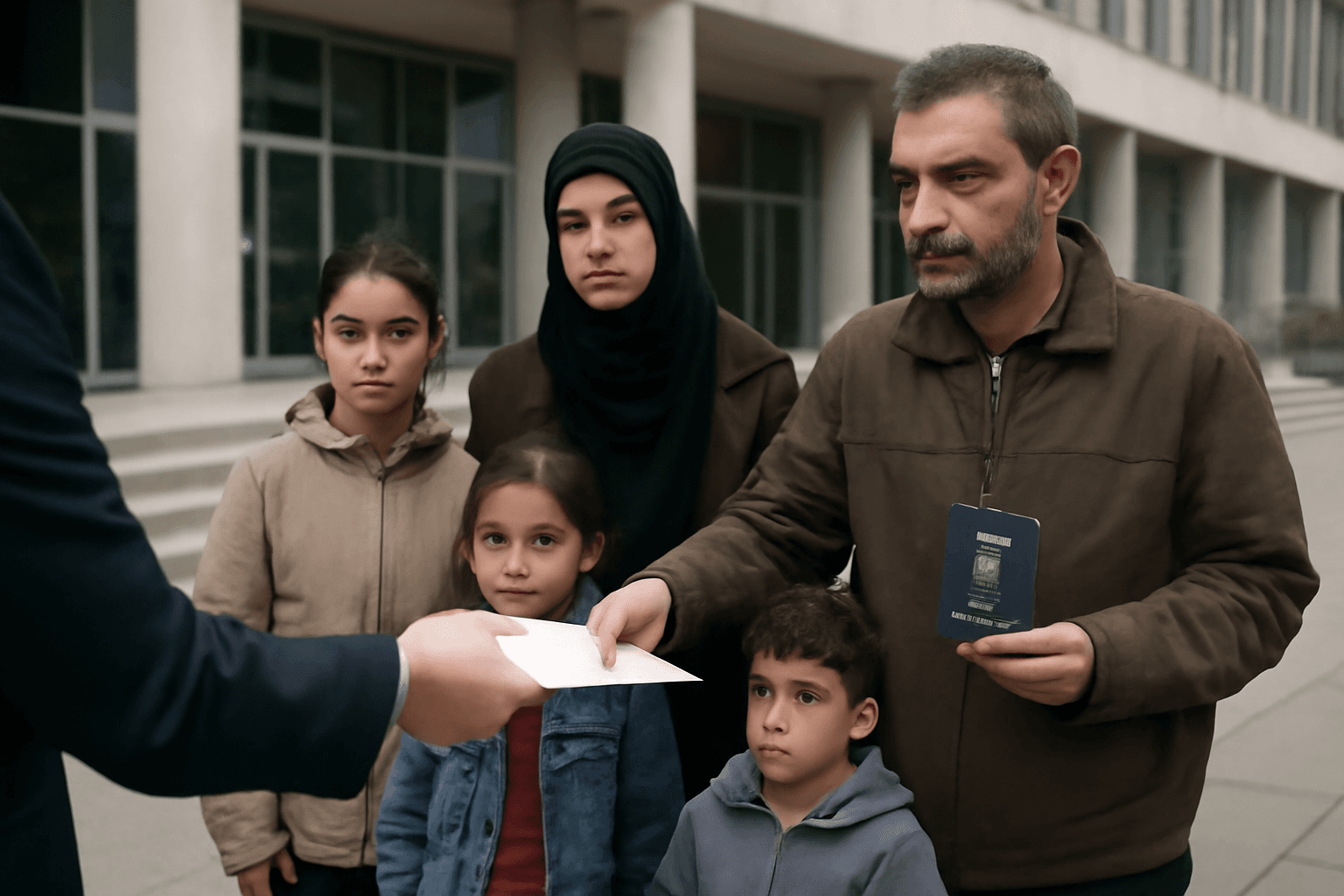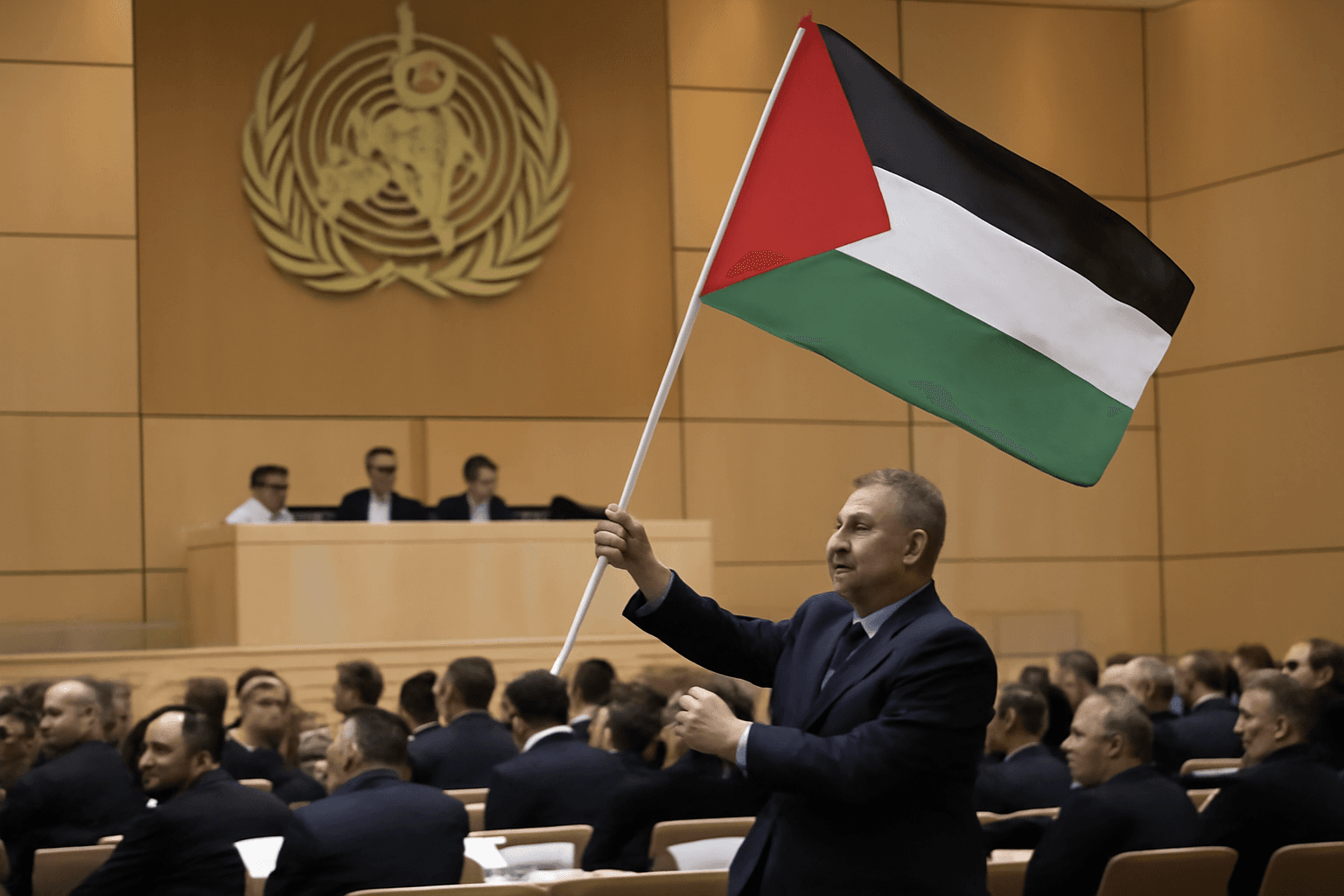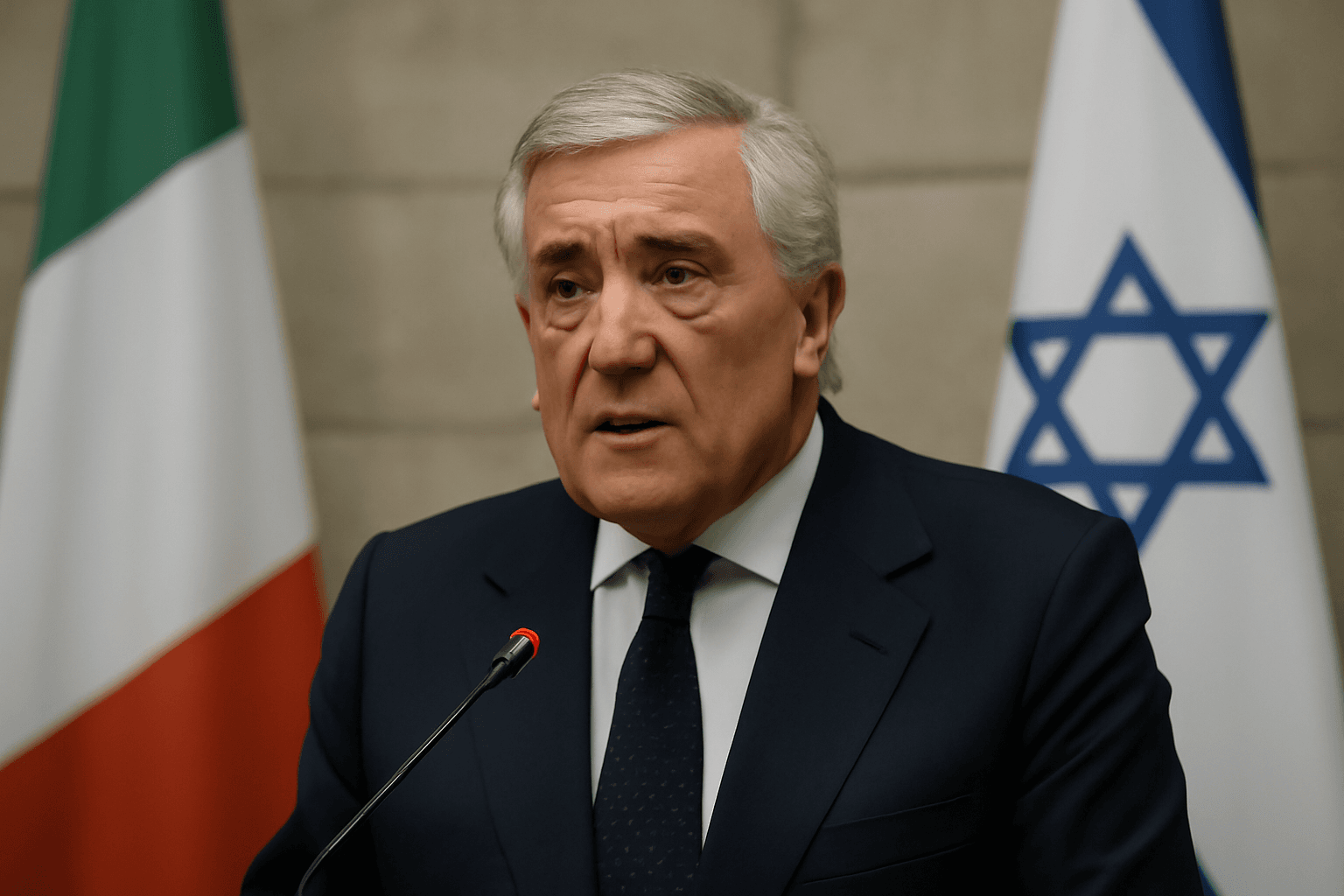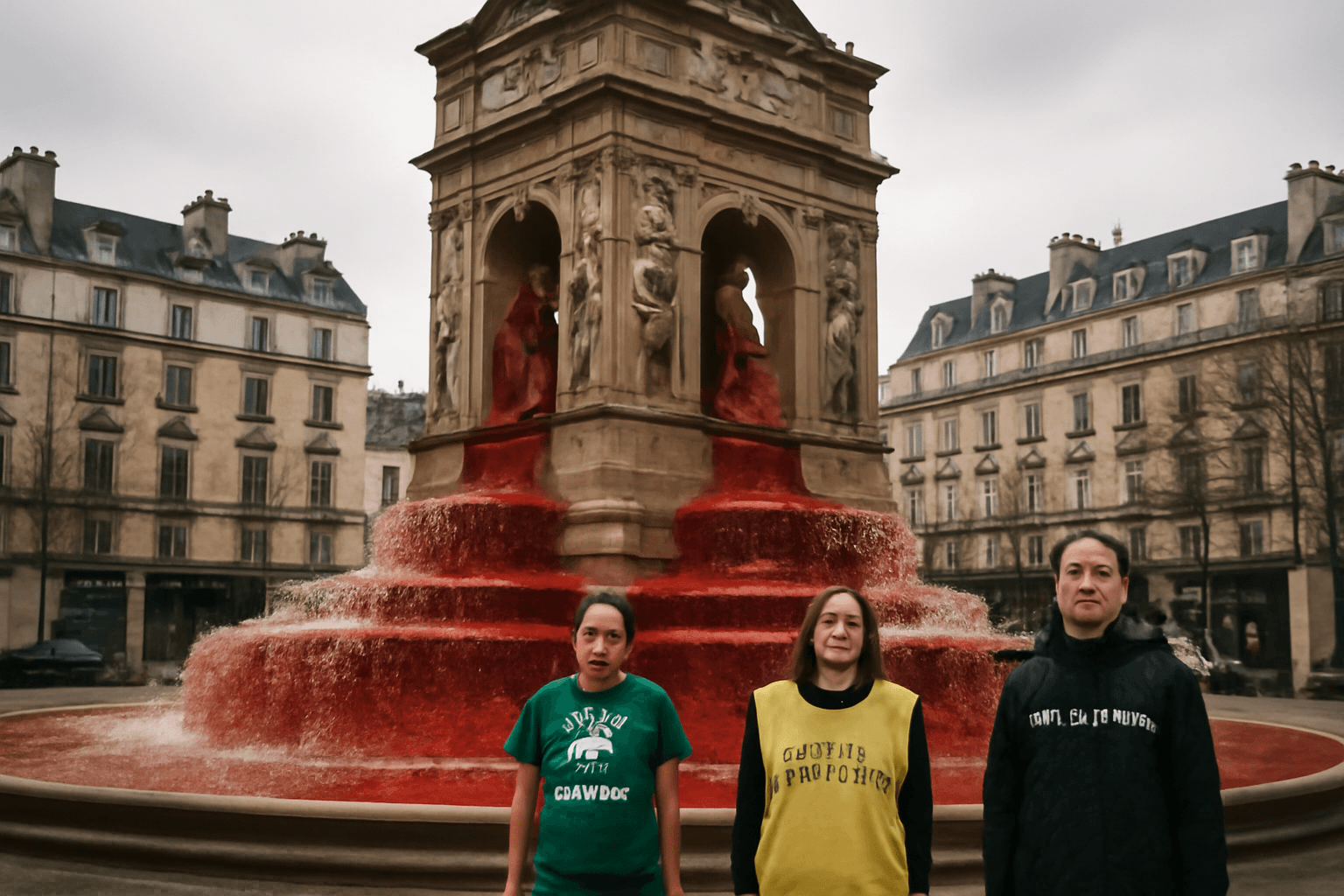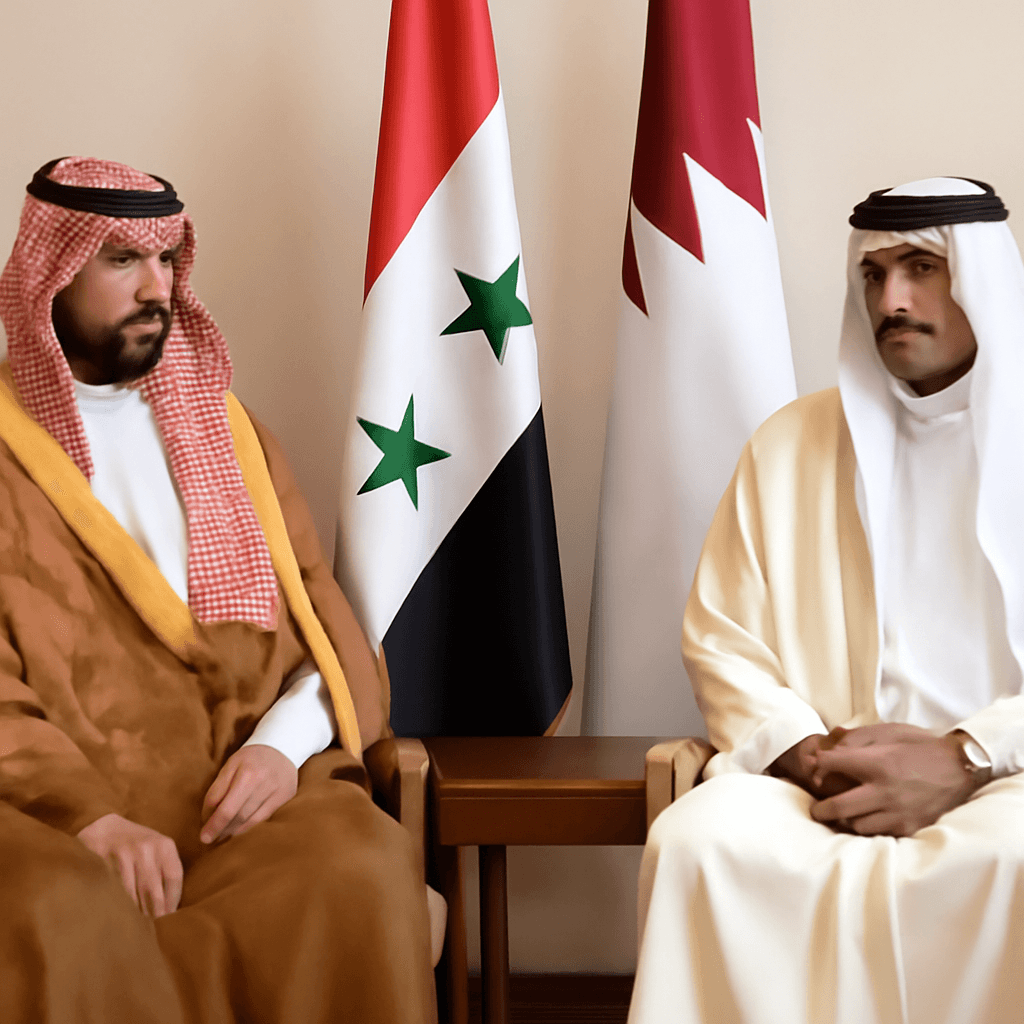Cyprus has introduced a voluntary repatriation program aimed at assisting Syrian families to return and resettle in their homeland. The initiative includes financial support and special work permits for primary earners, allowing them to maintain their employment in Cyprus for up to three years.
Deputy Minister for Migration, Nicholas Ioannides, announced on May 29, 2025, that Syrian families willing to voluntarily return to Syria will receive a one-time payment of €2,000 for one adult and €1,000 for each child. Childless couples are also eligible. The application window for the program is from June 2 to August 31, 2025.
Eligible families must withdraw any pending asylum claims or rescind international protection status granted before December 31, 2024, to participate in the program. The main income earner within the family will be granted a special residency and work permit to stay in Cyprus for a minimum of two years, with the possibility of an additional year extension.
This arrangement aims to provide financial stability for families returning to Syria while enabling the primary earners to continue generating income in Cyprus and support their families. The residency permit holder is permitted to travel back and forth between Cyprus and Syria during its validity period.
According to Andreas Georgiades, Head of Cyprus' Asylum Service, the program addresses the concerns of Syrians hesitant to return due to economic uncertainty by offering initial funds and work opportunities. Syrians constitute the largest asylum-seeking community in Cyprus, with 4,226 applications recorded in the previous year — nearly ten times the number of Afghan applicants.
Ioannides described the program as a pragmatic, humanitarian approach that supports Syria’s gradual post-war recovery. He also mentioned that European Home Affairs Commissioner Magnus Brunner views this initiative as a potential model for other EU member states.
Additionally, Ioannides reiterated Cyprus’ adherence to a 2009 bilateral Search and Rescue agreement with Syria, which allows the country to return Syrian migrants rescued at sea. Recently, two boats carrying 30 Syrian migrants each were sent back under this agreement. However, he firmly denied accusations of illegal pushbacks, despite calls from the United Nations refugee agency and Europe’s top human rights institutions to halt such practices.

